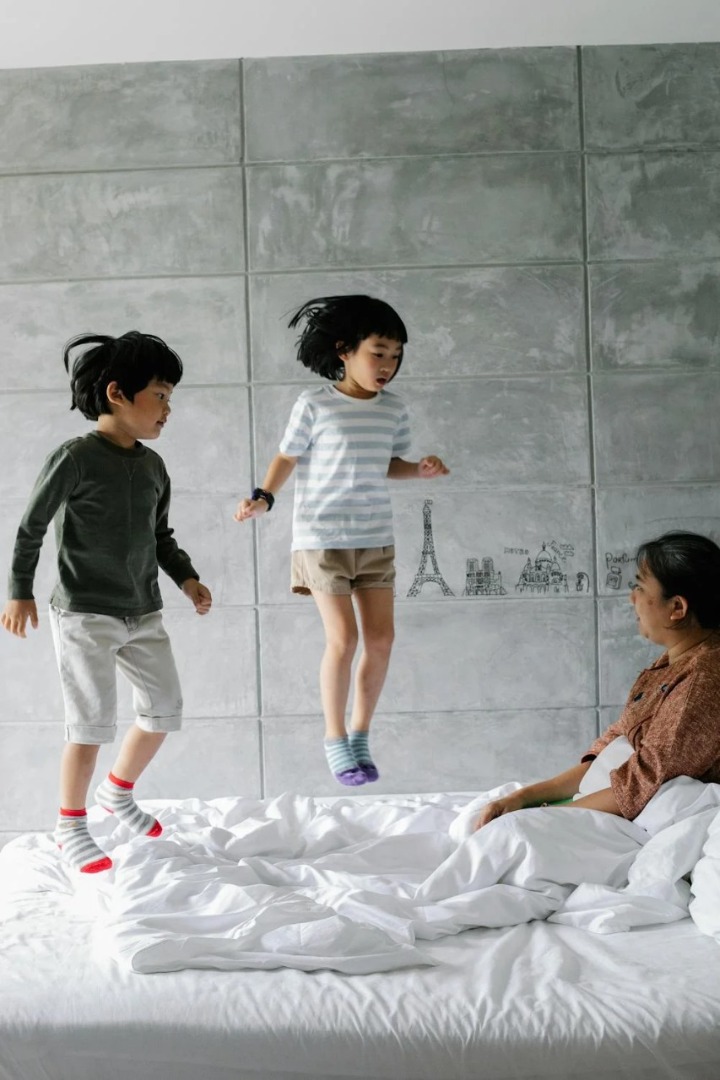
Embracing Tranquility: A Guide to Dealing with Anxiety in Parenthood
Recall the moments when your child, just a baby, might have accidentally bumped their head on the crib or got startled awake by a loud noise? Those seconds felt like an eternity as you anxiously awaited that unmistakable gulp for air, typically followed by a piercing cry.
Breathing — the most intrinsic and involuntary function we perform as human beings. Every living creature, regardless of size, breathes. It’s the essence of life, a reflex as natural as your heart beating in your chest.
Despite being essential, we often take breathing for granted.
Recent studies by the Harvard Business Review and Yale News highlight effective ways to cope with anxiety and stop feeling anxious through SKY Breath Meditation, a breathing modality that activates the parasympathetic nervous system — the brain’s region responsible for rational thinking, providing a sense of calm, and restoring balance during stressful situations. Participants in both studies reported improved well-being and mental health after just two days of practicing these methods.
Drawing from a decade of training in SKY Breath Meditation, I can affirm that breath serves a purpose beyond oxygen supply. The way we breathe significantly influences our emotions and perception of the world.
If you’ve been grappling with stress, depression, or feeling overwhelmed — be it due to current events, the holiday season, or your child’s insistence on playing “Baby Shark” endlessly — know that you’re not alone.

Here are specific ways to cope with anxiety and stop feeling anxious (share these with your child too!):
- Deeper inhales and longer exhales: When stress hits, consciously focus on deep inhales and long exhales. Count to 4 for inhales and 8 for exhales. It’s like a reset button for the fog in your mind.
- Quick, light stretching: Amid work deadlines and a growing pile of laundry, take 5 minutes for a quick stretch break. Activities like a yoga sun salutation get your blood flowing with good oxygen, providing relief from stress.
- Carve out time for meditation: Even 2 minutes in a quiet spot can make a significant difference. Focus on deep breathing, and you’ll feel the positive effects.
Learning to control your breath is a powerful way to deal with anxiety and how to stop feeling anxious, alleviating stress and filling yourself with positive energy. You not only gain more control over yourself but also set a valuable example of self-care for your children.
Supportive breathing is just one technique for becoming the parent you aspire to be. For a comprehensive parenting transformation, consider exploring the 90 Day Parenting Reset Program.
Love and Blessings,
Katherine







